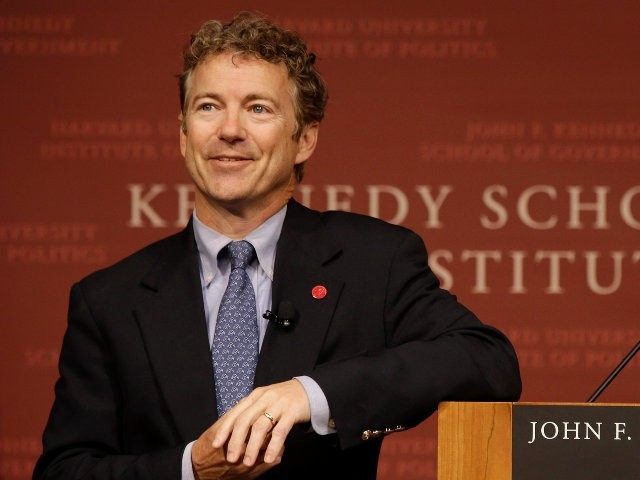If the Federal Reserve was a real bank, without extraordinary powers, it would be insolvent.
The Fed has $4.5 trillion in liabilities and only 57 billion dollars in equity. It is leveraged at 80:1, nearly three times greater than Lehman Brothers when it failed.
Nearly 40 percent of the Fed’s liabilities are said to be mortgage-backed securities – the question needs to be: How many are distressed home loans?
What does that mean? It means the dollar that was once as good as gold ultimately became backed by the full faith and credit of the U.S. government. And since the panic of 2008, your dollar is now backed by bad home loans, bad car loans, and derivatives.
Is anyone comforted?
Over the past one hundred years the dollar has lost 96 percent of its value.
If the Fed were forced to do, what every ordinary bank must do—take its “assets” and mark them to their current market value—many believe the Fed would be insolvent.
So, after the banking crisis of 2008, we got alarmed and we passed regulations. The only problem is, we passed regulations on the banks that weren’t involved and gave more power to the bank that was involved—the Fed.
No bank in Kentucky failed during this crisis, yet Dodd-Frank pummeled our small community banks with crippling regulations.
What we really needed was more oversight of the Fed, not small community banks.
If the Fed has purchased more than $2 trillion dollars of “distressed” assets, don’t taxpayers deserve to know what they bought?
Did they buy the assets of friends and acquaintances?
Did they buy any liabilities from companies they used to work for?
Maybe someone should ask about the revolving door from Wall Street to the Treasury to the Fed and back again. Are there any conflicts of interests?
Sen. Bernie Sanders (I-VT) and I don’t agree on much, but I thought he did a great job of describing the Fed and the bank bailouts as: “A clear case of socialism for the rich and rugged, you’re on your own individualism for everyone else.”
Some say the Fed is already audited.
Well, when the auditor came to Congress, she was asked the identity of the debt bought by the Fed. She didn’t know.
When pressed on the case she responded, “We do not have the jurisdiction to directly go and audit reserve bank activities.”
Some worry about Fed independence.
I do too. I worry about the Fed’s independence from the Executive branch. The Fed is supposed to be overseen by Congress. Congress created the Fed. The Fed is now in every nook and cranny of banking regulation since Dodd-Frank and it is a necessity that we not let the Executive branch gain unlimited power.
With Dodd-Frank, we created the Consumer Financial Protection Bureau, an agency with unprecedented regulatory powers and no Congressional oversight.
Any audit of the Fed should attempt to bring regulatory power back under the control of Congress.
Some worry that an audit would reveal which banks are shaky and lead to a panic.
The audit doesn’t occur until a year after the bill passes. When the 2011 audit occurred, no bank-runs ensued.
It is alarming that the Federal Reserve, which was granted Monopoly money-making power, is now specifically trying to stop my legislation. The Fed, with unlimited ability to print money, now prints that money to lobby against Congressional oversight. It is a disgrace and every citizen in the land should rise up and say: We the people are in charge and we demand an audit!
Peter Bernholz writes that public deficits have frequently been the reason for hyperinflations. The fight is twofold.
Audit the Fed is about transparency, but the fight is also about restoring fiscal sanity to our nation’s checkbook.

COMMENTS
Please let us know if you're having issues with commenting.